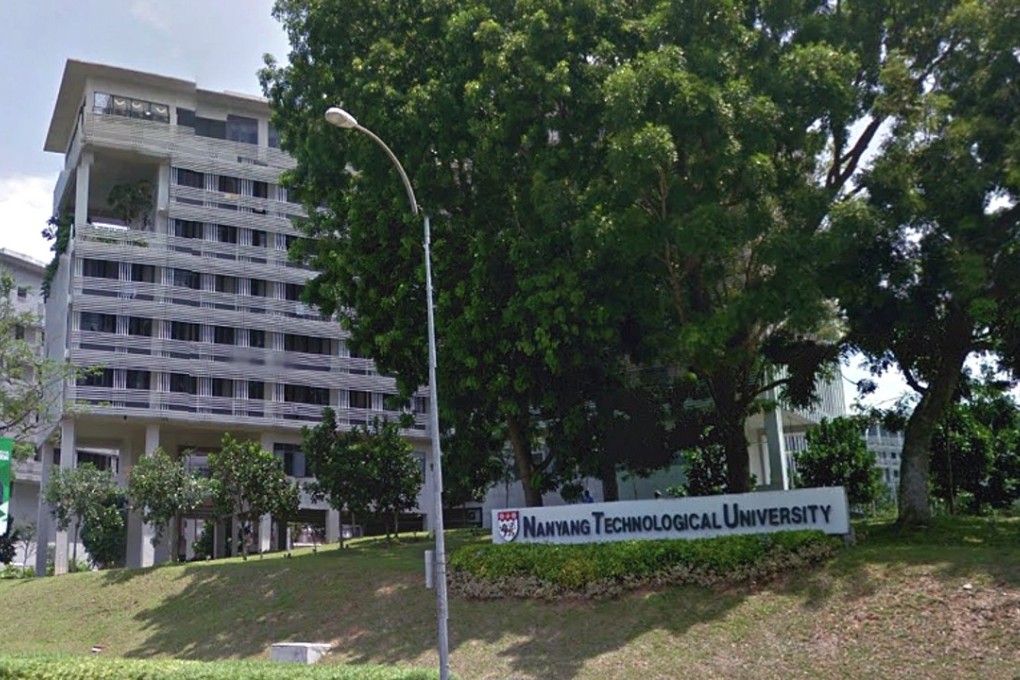Asian Angle | Singapore’s US$200k starter salaries: why education pays the price
- An academic arms race is raging – and it is bad news for everybody

Singapore’s publicly funded National University of Singapore (NUS) and Nanyang Technological University (NTU) have rapidly ascended the world university rankings. According to international journals, the two now rank among the best in Asia, and are in the top 20 to 50 in the world.
This has been achieved in part by the aggressive hiring of international faculty members with the desired publication credentials, part of an increasingly intense global arms race for scarce research talent.
But critics argue that the opportunity costs of this approach include the marginalisation of teaching in favour of research, and of local faculty and local scholarship, in a way that adds little benefit to Singaporean students, the national economy or society, and is unlikely to be sustainable.
At an international conference at NUS in September, Education Minister Ong Ye Kung called for universities to move beyond current research-based rankings to consider “the varied and profound roles of universities today” and their “diverse social and economic missions and objectives”. This was also the unanimous recommendation of Singapore’s International Academic Advisory Panel (IAAP) of global university leaders and corporate CEOs after their June meeting.

WHAT’S HAPPENING?
Yet NUS is instead ratcheting up its emphasis on global research rankings when it comes to faculty hiring and promotion, with its signature new President’s Young Professors (PYP) programme offering “outstanding young researchers and scholars with a strong research profile and trajectory” extremely generous pay packages for tenure-track assistant professorships.
